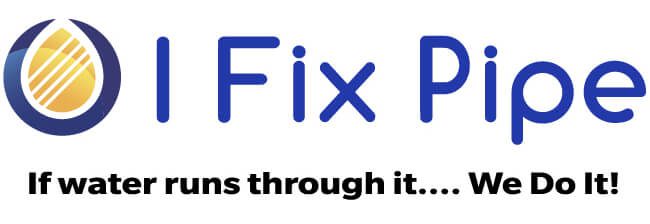Plumbing Laws 101: What You Should Know in Texas
In the realm of plumbing, laws and regulations are essential to ensure safety, health, and environmental responsibility. They are a driving force behind professional standards and are the unsung heroes in maintaining a stable plumbing infrastructure.
As a Texas homeowner, you should familiarize yourself with the Texas State Plumbing Code and related legislation to ensure you act within the law’s bounds. In this blog post, we at I Fix Pipe, a trusted name in plumbing services will guide you through the basics of plumbing laws in the Lone Star State.
1. Licensing and Training
Firstly, you should be aware that all plumbers in Texas must hold a license to offer plumbing services legally. The Texas State Board of Plumbing Examiners (TSBPE) regulates plumbing licenses, training, and enforcement of the State Plumbing License Law. The Board issues several types of licenses – from Apprentice Plumber, Tradesman Plumber-Limited, Journeyman, to Master Plumber.
For example, to earn a Journeyman license, a plumber must have at least 8,000 hours of experience under the supervision of a Master Plumber, while to be a Master Plumber, one must hold a Journeyman license for at least one year and pass a state examination.
2. Plumbing Code Compliance
In Texas, plumbing services must comply with the Uniform Plumbing Code (UPC), which outlines standards for designing and installing plumbing systems. This code aims to protect sanitation and maintain an adequate water supply. Any plumbing installation, alteration, repair, replacement, or remodel must comply with this code.
3. Permits and Inspections
Before embarking on a significant plumbing project in Texas, you must acquire a permit from the appropriate local authority. This process ensures all work aligns with the State and local plumbing code.
After the completion of the work, an inspection is usually required. This procedure verifies that the plumbing work meets the code’s requirements, is safe, and functions correctly. With a permit or inspection, homeowners can avoid penalties or fines.
4. Environmental Considerations
Texas plumbing laws also encompass regulations for environmental protection. For example, plumbers must comply with the standards set by the Texas Commission on Environmental Quality (TCEQ) when installing or maintaining septic systems. These rules are in place to ensure that wastewater treatment doesn’t harm public health or the environment.
5. Plumber’s Lien
Texas law allows plumbers to file a lien against a property if they haven’t been paid for their services. It’s known as a “plumber’s lien.” This lien provides security to the plumber, ensuring they receive payment for their labor and materials.
Next Step: Find Out How I Fix Pipe Gets Your Job Done
While plumbing may seem straightforward, it is a profession governed by various laws and regulations. Understanding the legal landscape around plumbing can help you as a homeowner ensure that any work on your property is compliant and safe.
At I Fix Pipe, we pride ourselves on operating within these regulations and providing our clients with top-quality, reliable plumbing services. We are fully licensed and dedicated to all Texas plumbing laws for your peace of mind. For all your plumbing needs, trust us to get the job done right and according to the code.
Remember, it’s not just about fixing a leak or installing a pipe; it’s about ensuring our community’s health, safety, and environmental responsibility.
Contact I Fix Pipe Today!
Hours of Operation
Tue 08:00 AM – 05:00 PM
Wed 08:00 AM – 05:00 PM
Thur 08:00 AM – 05:00 PM
Fri 08:00 AM – 05:00 PM


